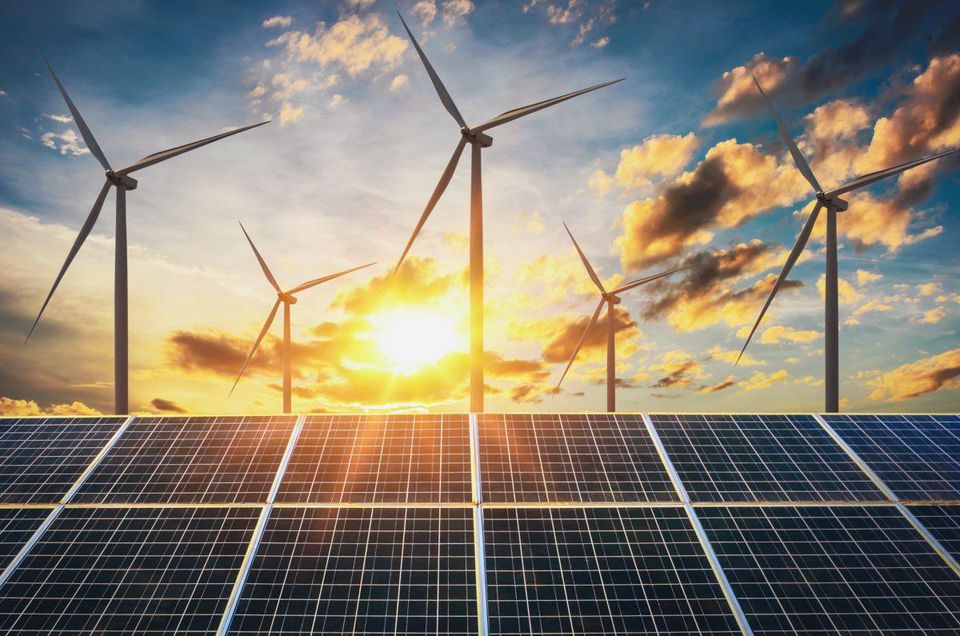The Executive Director of the Institute of Energy Security (IES), Nana Amoasi VII, has called for more partnerships between the government and the private sector regarding the increasing use of solar and renewable energy in the country.
The call came about by the Institute following growing concerns over the future and financial sustainability of the Electricity Company of Ghana (ECG) as companies increasingly utilize renewable energy means to power their businesses.
In an interaction with the media, Nana Amoasi VII, urged the government to consider an efficient way to curb the commercial losses in the distribution of power to avoid any loss of revenue.
“For sure, businesses and industries will continue to adopt renewable energy. Compared to traditional sources like thermal which is fuelled by hydrocarbons, you can only get this somewhere around 13 cents per kilowatt-hour. As a result, businesses would want to hook onto this very energy source which is cheaper. But it does not and will not in any way affect the financial liability of ECG.
“What the government and the ECG should be concerned about is the increasing distribution and commercial losses in the system which is about 29 percent. Instead of the government waiting and watching individuals adopt solar and wind power on their own, they could engage the private sector so they can develop these new energy sources on a utility-scale.”

Renewable energy is key to the development of Ghana’s power sector especially for the replacement of fossil fuels, which have become a global concern due to its impact on climate change.
According to reports, renewable energy can play an important role in reducing greenhouse gas emissions. Using renewable energy, can reduce the use of fossil fuels which are the largest sources of carbon dioxide emissions. Reports have also projected that, renewable energy use will continue to increase in the coming years due to various countries gradually moving to its use.
Unfortunately, Ghana has seen little development and deployment in the renewable energy sector, mainly due to the numerous challenges hindering the growth of the sector.
In spite of the drawbacks which include intermittency, cost and regulation among others, solar and wind power are bracing the odds to cement its position as the cleanest, most economical and sustainable energy option.
In embracing the use of renewable energy in Ghana, the Energy Minister has stated that there are plans to explore how best government can benefit from renewable energy and possibly export to neighbouring countries.



















